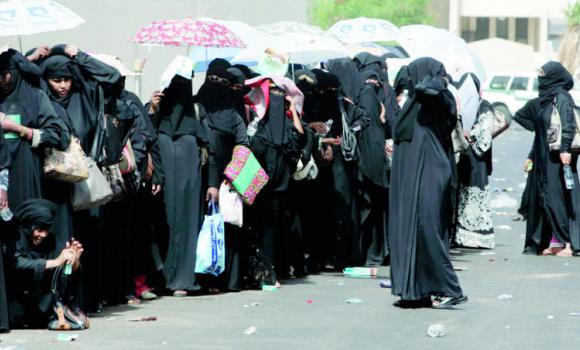Ramallah, May 19: India has given USD 2 million in aid to the United Nations Relief and Works Agency working for the welfare of Palestinian refugees in support of its core programmes and services, including education and health, amidst the coronavirus crisis.
India had increased its annual contribution to the UNRWA from USD 1.25 million in 2016 to USD 5 million in 2019. It pledged another USD 5 million for 2020 which opens its way to become a member of the agency's advisory commission, according to official sources.
The United Nations Relief and Works Agency (UNRWA) applauded India's financial support to keep its basic services operating, especially under the challenges posed by the COVID-19 pandemic.
The contribution was presented to the UN agency by the Representative of India (ROI) to the State of Palestine, Sunil Kumar.
"On behalf of the agency, I would like to express my deep appreciation to the Government of India for advancing part of its contribution, which will help UNRWA address cash flow challenges," Marc Lassouaoui, chief of the Donor Relations at the agency said.
"The continued determination and commitment of India in support of the Palestine refugees is commendable, in particular under the current circumstances brought on us by COVID-19," he said.
"On behalf of the Government of India, I would like to express my appreciation for the commendable work and endeavours carried out by the UNRWA. We believe that our contribution will support the agency's activities in providing the needed assistance to Palestinian refugees, and assist in achieving their full human development potential," Kumar said.
India's contribution will support the agency's "dire" financial situation due to the funding gaps that risk its core services to the Palestinian refugees in the fields of education and health.
About 3.1 million Palestine refugees depend on health services provided by the UNRWA. At the same time, the agency's schools educate 526,000 students every year, of which half are female.
The agency was created in December 1949 by the UN to support the relief and human development of Palestinian refugees.
The UNRWA definition of “refugee” covers Palestinians who fled or were expelled from their homes during the 1948 War.
Meanwhile, India is preparing medical supplies for the Palestinians to help them in their fight against the coronavirus which is likely to reach the Palestine soon, the Indian mission in the West Bank said in a statement.
Prime Minister Narendra Modi last month spoke to Palestinian President Mahmoud Abbas over phone and discussed the challenges posed by the COVID-19 pandemic. He appreciated efforts being made by the Palestinian Authority (PA) to protect its population and assured all possible support from India.
External Affairs Minister S Jaishankar later talked to his Palestinian counterpart Riad Malki and reiterated India's commitment to support Palestine in its battle against the global pandemic.
So far, 554 COVID-19 cases have been detected in the West Bank under PA and east Jerusalem, with two casualties.
Twenty people were found infected with the virus in Gaza, of which 14 are said to have recovered.
Separately, 17 agreements have been signed under an India-Palestine development partnership between the two sides in the fields of agriculture, health care, information technology, youth affairs, consular affairs, women empowerment and media in the past five years.
New Delhi is to provide an assistance of around USD 72 million through these agreements in projects like the post-2014 war reconstruction efforts in Gaza, construction of five schools, setting up a centre of excellence for information and communication technologies at Al-Quds University and developing a satellite centre in Ramallah.






Comments
Add new comment